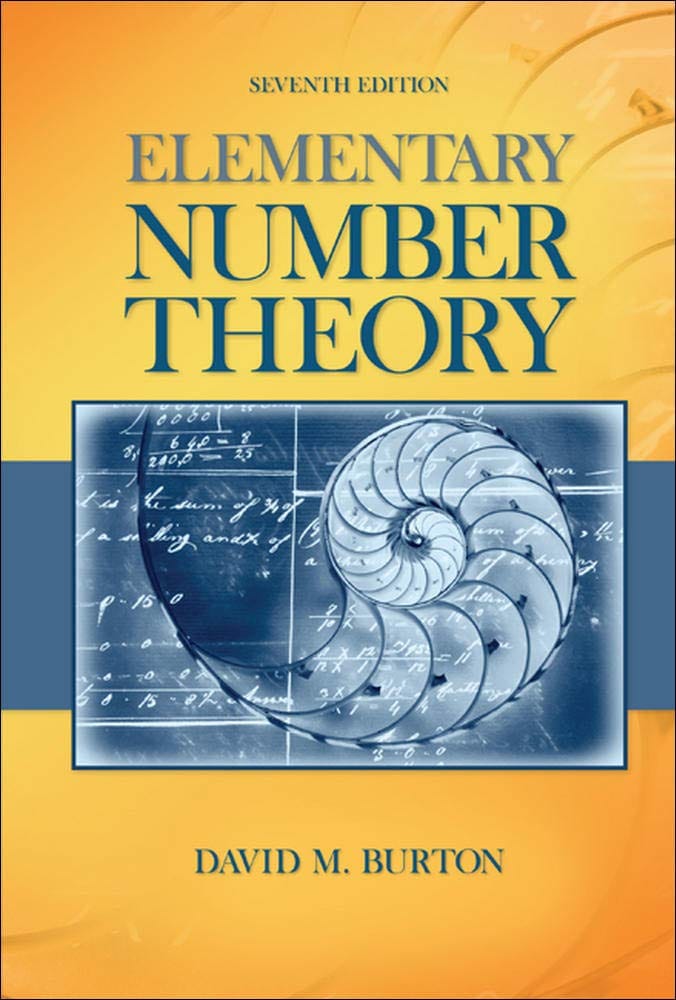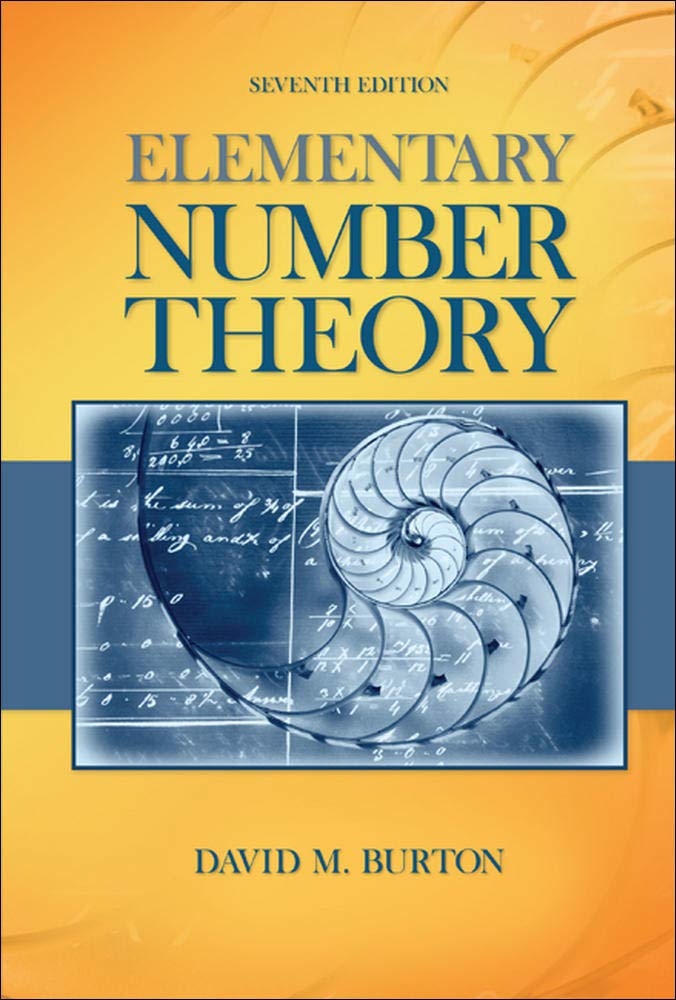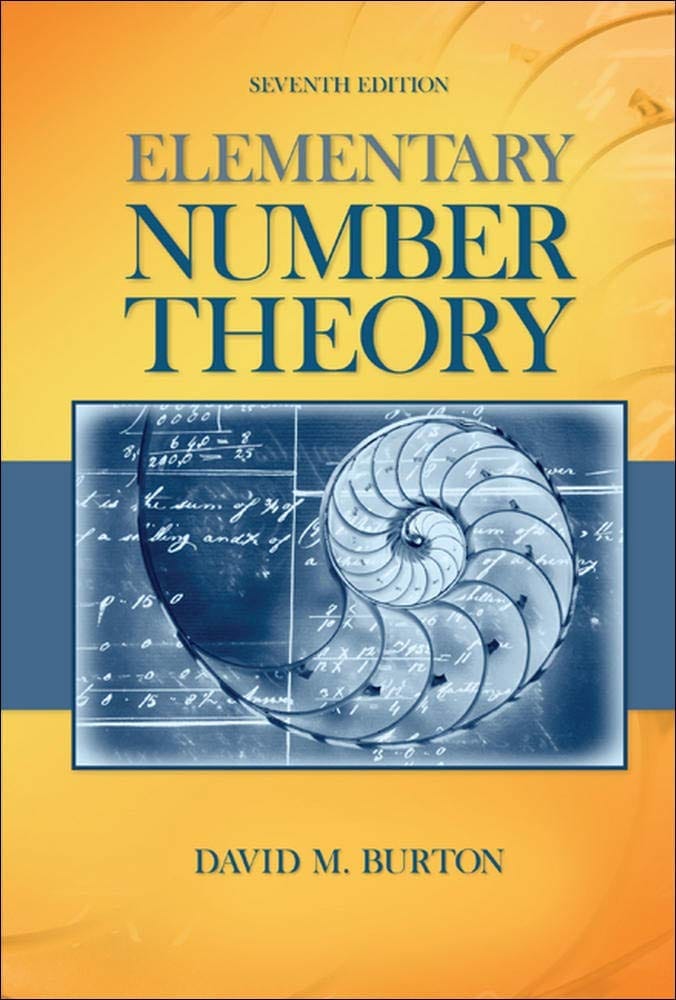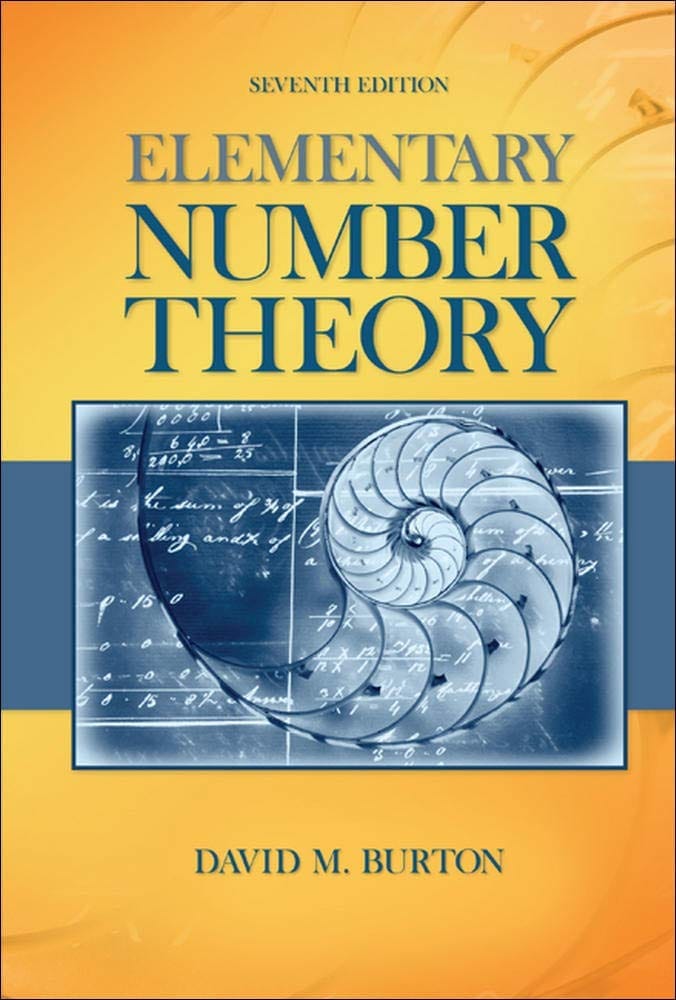
Elementary Number Theory Problems 4.2 Solution (David M. Burton's 7th Edition) - Q6
My Solution for "For $n \geq 1$, use congruence theory to establish each of the following divisibility statements: (a) $7 \mid 5^{2n} + 3 \cdot 2^{5n-2}$. (b) $13 \mid 3^{n+2} + 4^{2n+1} $. (c) $27 \mid 2^{5n+1} + 5^{n+2}$. (d) $43 \mid 6^{n+2} + 7^{2n+1}$."
Background
All theorems, corollaries, and definitions listed in the book's order:

I will only use theorems or facts that are proved before this question. So you will not see that I quote theorems or facts from the later chapters.
Question
For $n \geq 1$, use congruence theory to establish each of the following divisibility statements:
(a) $7 \mid 5^{2n} + 3 \cdot 2^{5n-2}$.
(b) $13 \mid 3^{n+2} + 4^{2n+1} $.
(c) $27 \mid 2^{5n+1} + 5^{n+2}$.
(d) $43 \mid 6^{n+2} + 7^{2n+1}$.
Solution
(a)
$$ \begin{equation} \begin{split} 5^{2n} + 3 \cdot 2^{5n-2} & \equiv 25^{n} + 3 \cdot 32^{n} \cdot 2^{-2} \\ & \equiv 4^{n} + \frac{3}{4} \cdot 4^{n} \\ & \equiv 4^{n}(1 + \frac{3}{4}) \\ & \equiv 4^{n}(\frac{7}{4}) \\ & \equiv 4^{n - 1} \cdot 7 \\ & \equiv 0 \pmod 7 \end{split} \nonumber \end{equation} $$(b)
$$ \begin{equation} \begin{split} 3^{n+2} + 4^{2n+1} & \equiv 3^{n} \cdot 3^{2} + 16^{n} \cdot 4 \\ & \equiv 3^{n} \cdot 3^{2} + 3^{n} \cdot 4 \\ & \equiv 3^{n}(9 + 4) \\ & \equiv 3^{n} \cdot 13 \\ & \equiv 0 \pmod {13} \end{split} \nonumber \end{equation} $$The rest is for Premium Members only
SubscribeAlready have an account? Log in

